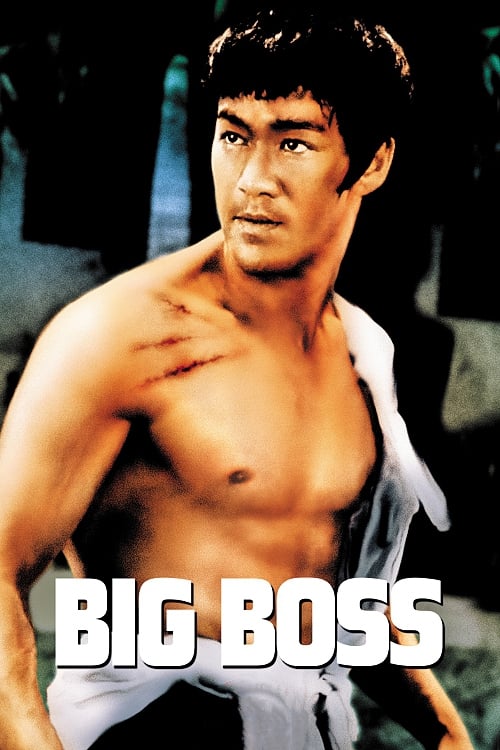
Title: The Big Boss
Year: 1971
Director: Lo Wei
Writer: Lo Wei
Cast: Bruce Lee (Cheng Chiu On), Maria Yi (Chiao Mei), James Tien Chun (Hsiu Chien), Marilyn Bautista (Miss Wuman), Han Ying-Chieh (Boss Mi),
Runtime: 99 min.
Synopsis: Cheng is a young Chinese mainlander who moves in with his expatriate cousins to work at an ice factory in Thailand. He does this with a family promise never to get involved in any fights. However, when members of his family begin disappearing after meeting the management of the factory, the resulting mystery and pressures force him to break that vow and take on the villainy of the Big Boss.
Rating: 7.097/10